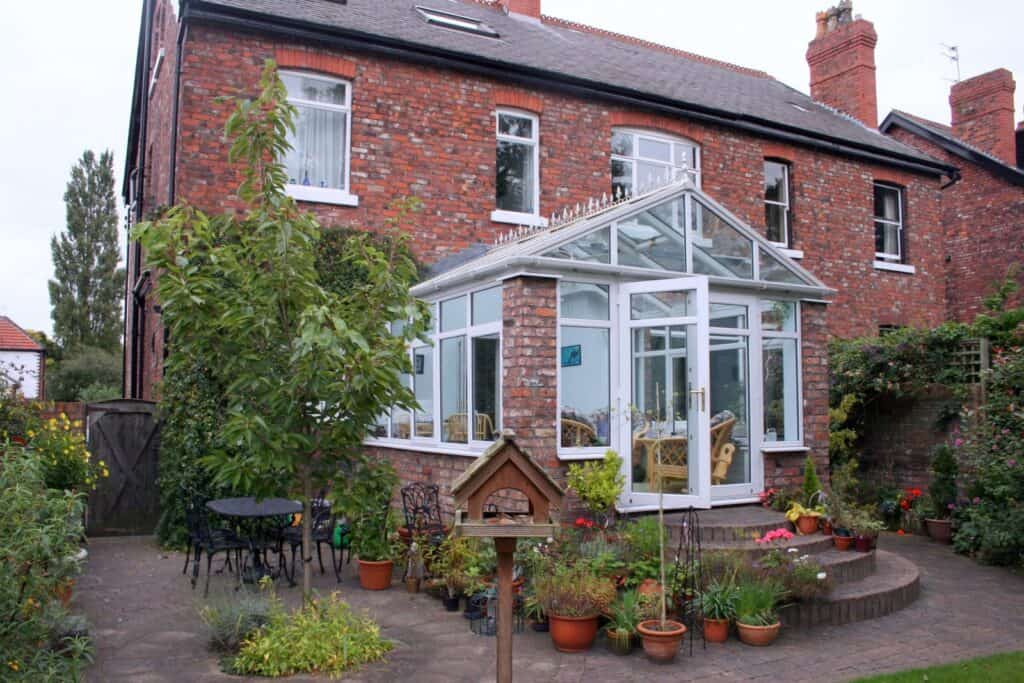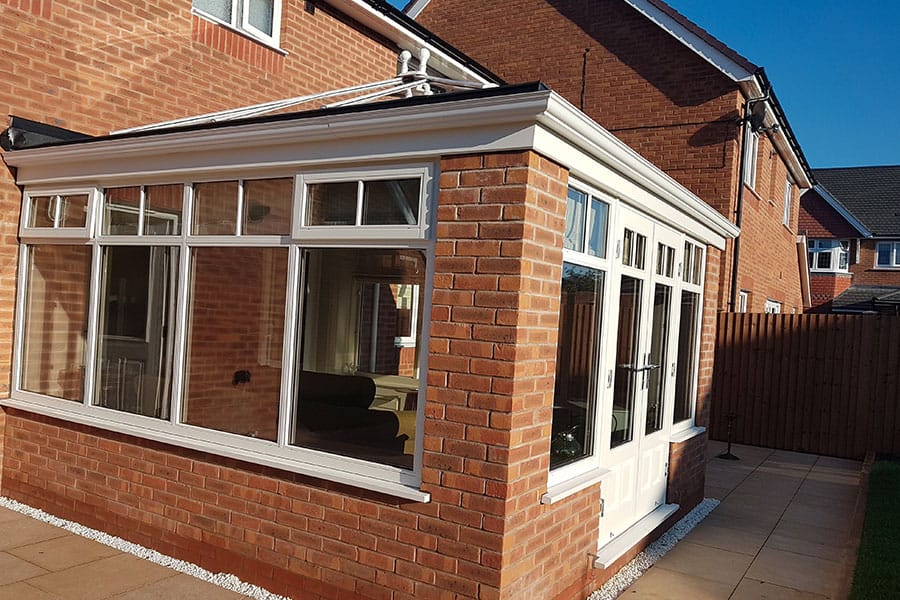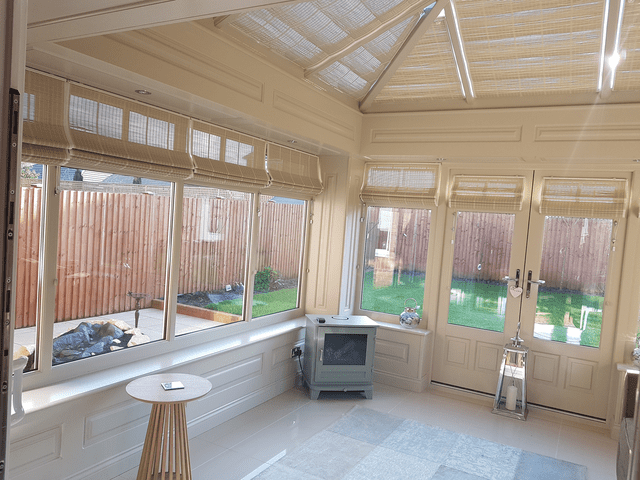Orangery vs Extension: Choosing the Best Option for Your Home
Understanding the key difference between orangery and extension options can be crucial when planning to expand your living space. As...
Read MoreLast Updated: 29 April 2025
Conservatories and orangeries are two of the most popular types of home extension. With traditional differences between them, however, you might be uncertain which is best for your home. So, we have had a closer look at conservatories vs orangeries to help you decide.

Traditionally, conservatories and orangeries differ in numerous ways:
However, the conservatories built today often have features that are traditionally associated with orangeries and vice-versa. So, it is possible to create a huge variety of bespoke glazed extensions.

Provided they are built to a single storey, most conservatories and orangeries will not require planning permission. However, this is provided certain criteria are met, which we have outlined in our guide to building an extension.
As every orangery is built to bespoke requirements, there is no set cost for them. They do tend to cost more than conservatories, although the value they add to your property is similar to that of a traditional extension. However, conservatories can increase property value by between 5-12%.
When building either option, it is essential they are built to a high standard and match the main property otherwise this may deter potential buyers.
Yes, they are. Their increased amount of brickwork keeps them very well insulated, so they stay warm in winter for less. Typically, they retain heat better than conservatories. However, improvements in glazing technology and the addition of tiled roof conservatories to the market have meant there are conservatories that can perform just as well in this regard.

From a traditional standpoint, conservatories are better suited to people who want a room that stands out from their current property and where they can bask in natural sunlight whilst enjoying uninterrupted views of the outside. For more privacy and a space that feels more like your existing home, however, orangeries are the way to go.
However, as mentioned earlier, it is possible to combine features from both structures to create a unique glazed extension that suits your needs. If you are still unsure about which is better for you, we can help. Get in touch with our friendly, expert team today by calling 0161 969 7474 or contact us online.
Related to this post:
Understanding the key difference between orangery and extension options can be crucial when planning to expand your living space. As...
Read MoreUnderstanding building regulations for orangeries is crucial when planning this elegant home extension. While orangeries can transform your living space...
Read MoreLooking to add a touch of elegance and value to your property? Want to increase your living space and boost...
Read MoreWhen considering home extensions, orangeries often emerge as a superior choice – and for good reasons that might surprise you....
Read More